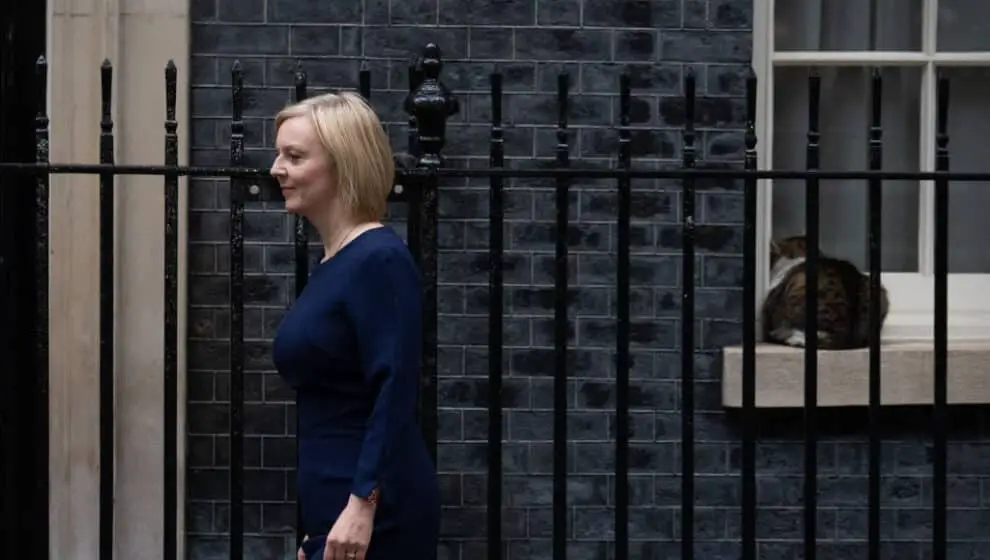The United Kingdom’s government has decided to stay the course with its economic solutions despite a week of chaos.
Key Details
- Prime Minister Liz Truss is affirming her plan to stay the course, to grow the economy through tax cuts and incentives.
- “We had to take urgent action to get our economy growing, get Britain moving, and also deal with inflation, and of course, that means taking controversial and difficult decisions. But I’m prepared to do that as prime minister because what’s important to me is that we get our economy moving,” says Prime Minister Truss.
- “A day after the Bank of England resumed its bond-buying in an emergency move to protect pension funds from partial collapse, Truss blamed the upheaval on Russia’s invasion of Ukraine that has caused inflation to spike around the world,” says Reuters.
- The announcement comes after a week of economic turmoil, as her financial plan announced on Friday, triggered several economic crises and a “crisis of confidence,” Reuters reports.
- In one week, the Bank of England raised interest rates, the pound crashed, and bond prices crashed, forcing the bank to step in and calm the panic by printing $70 billion to buy them.
- Truss is set to deliver a fuller fiscal statement on November 23 to further detail her plans.
Why it’s important
The next few weeks are going to be vital for the British economy and its effects are going to affect the world economy at large.
Truss’s plan has been accused of primarily benefiting the rich and that unfunded tax cuts will lower income during a time of economic stress when government services will be heavily relied upon.
The crisis is causing the world economy to shake. The Dow Jones Industrial, Nasdaq Composite Index, and S&P 500 Index respectively took 604, 380, and 98-point hits following the Bank of England’s rescue.
Truss’s government is facing criticism from financial institutions from across the world, including a rare rebuke from the International Monetary Fund (IMF).
“Given elevated inflation pressures in many countries, including the U.K., we do not recommend large and untargeted fiscal packages at this juncture,” says the IMF.
“A clearer indictment of economic mismanagement would be hard to imagine. Having started so calamitously, what can Britain’s new prime minister, Liz Truss, do to repair the damage?” says Bloomberg.
“Raising, postponing, or abandoning tax cuts will be avoided by Truss at all costs as such a reversal would be humiliating and could leave her looking like a lame duck prime minister,” says Eurasia Group.

